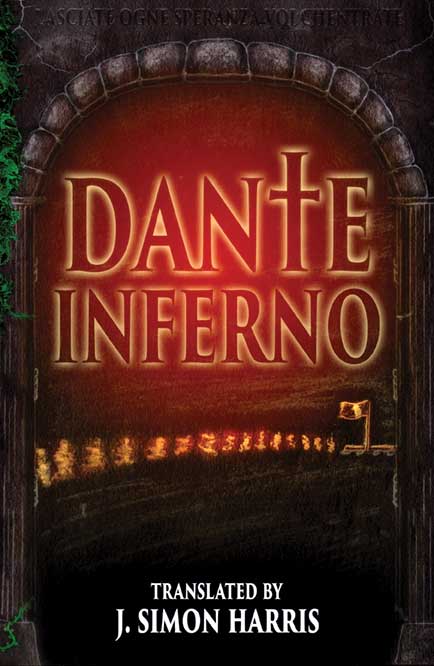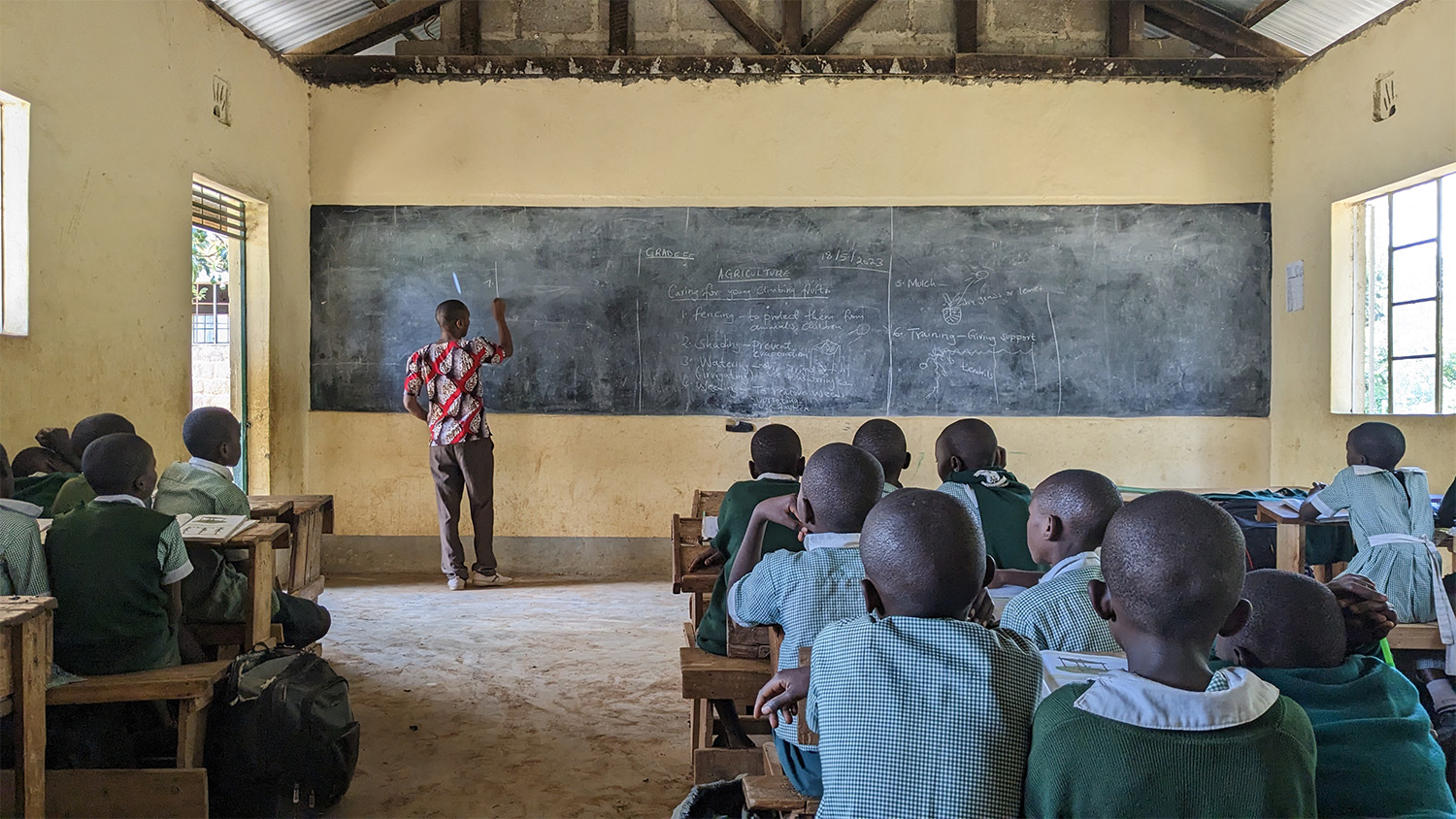To Hell and Back
An NC State engineer spent 10 years translating Dante’s underworld epic, Inferno.

By Glenn McDonald
Some people garden for a hobby. Some people play golf. J. Simon Harris ’09, ’10, ’15 MS, ’19 PHD translates 700-year-old Italian narrative poems.
He’s not just noodling around either. Earlier this year, Harris published his own original English translation of Inferno, the epic poem by 14th-century Italian writer Dante Alighieri. It’s the first part of Dante’s Divine Comedy, which explores Hell, Purgatory, Heaven and other medieval concepts of the afterlife.
The book is the culmination of 10 years of evening-and-weekend work for Harris, who is doing post-doctoral studies in NC State’s Department of Materials Science and Engineering. The project began in an undergraduate literature class, when the instructor allowed Harris to translate part of Inferno in lieu of a final essay. “I didn’t really know anything about Dante when I took that course,” Harris says. “I thought it would be fun to try a translation.”
Here’s the twist: When Harris started his epic quest, he didn’t know a word of Italian. So he went at the task like an engineer, breaking down each chunk of text to its component parts, using Italian-English dictionaries to translate words and phrases, then reassembling the poem in English from the ground up. “It was almost like working with [computer] code,” Harris says. “I also read a number of existing translations to make sure I was getting the overall sense of it.”

Harris’ translation is especially ambitious because he preserves the poem’s terza rima rhyme scheme, a sequence of interlocking triplets. “Most modern translations don’t even attempt that,” Harris says. “I really tried to carry over the poetry of Dante’s writing.”
The book is essentially a labor of love, available for purchase via Amazon’s print-on-demand self-publishing service. But there’s a chance his translation could catch on in the wider world of Dante scholarship and wind up in professional publications or textbooks. In any case, Harris isn’t slowing down. He’s already started working on his next project, Homer’s ancient Greek epic poem The Iliad. “Yeah, that one’s even harder, because it uses the Greek alphabet,” Harris says. “It’s going to be really fun!”
- Categories:


